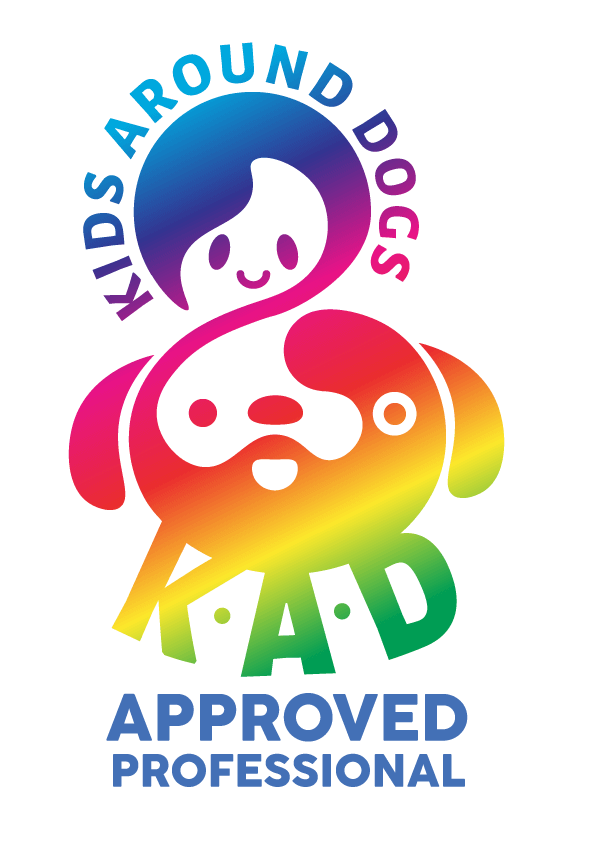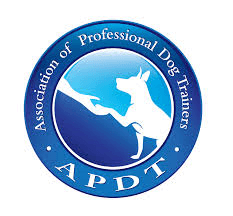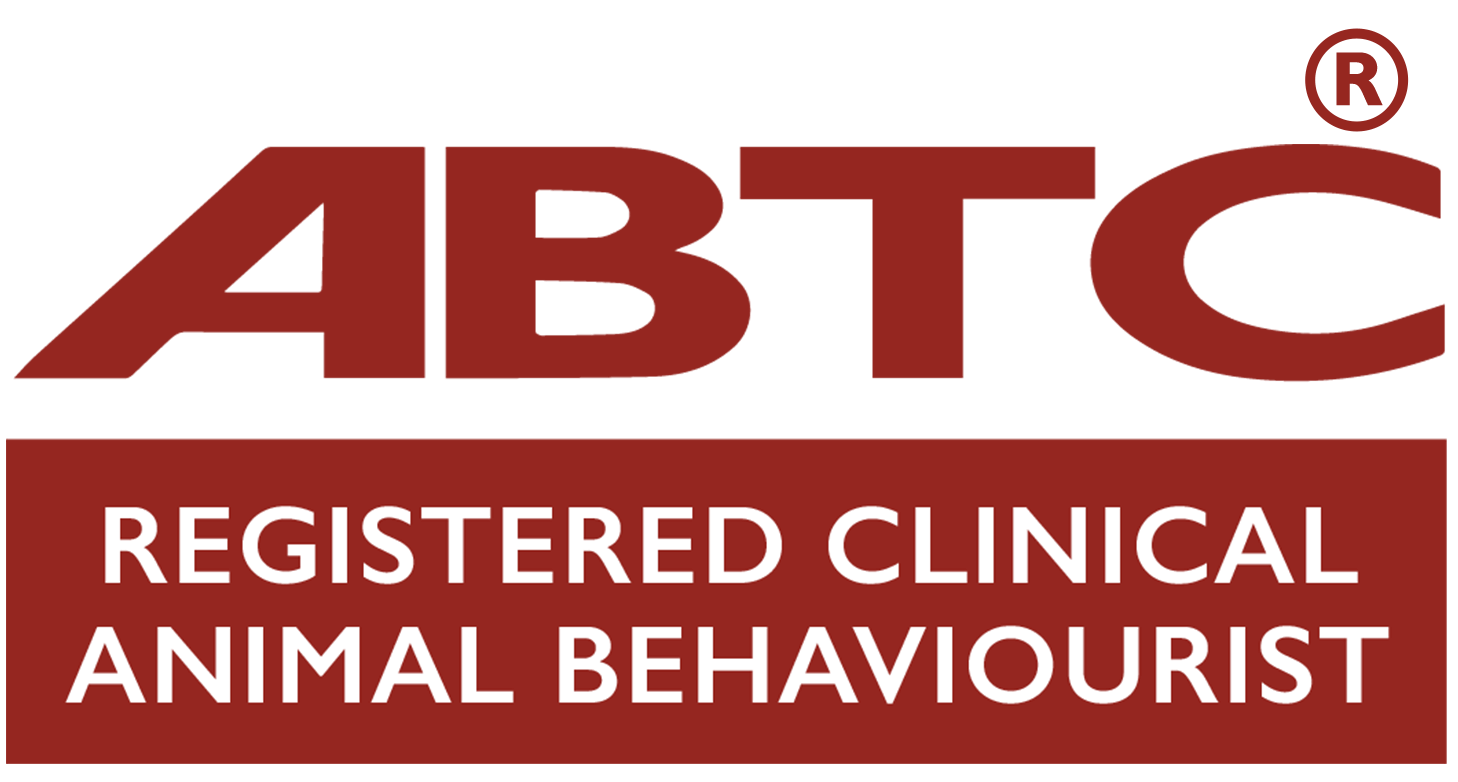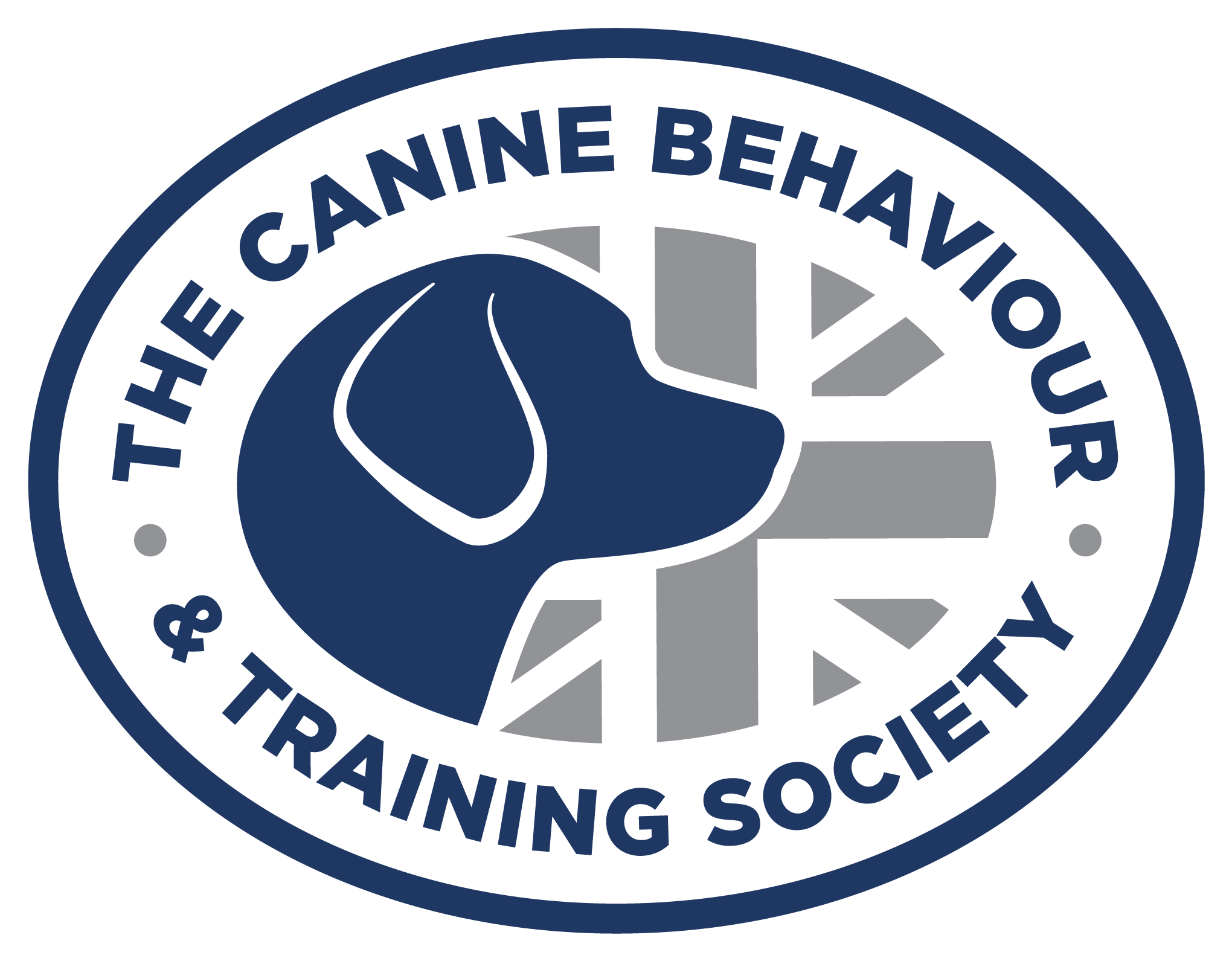Dogs have long been known to have a penchant for eating grass. This behaviour is common among many dog breeds, and it is not limited to any particular age group or breed. However, despite the prevalence of this behaviour, the reasons why dogs eat grass remain somewhat unclear.
Natural instinct
One theory for why dogs eat grass is that it is simply a natural instinct, therefore it is an inherited trait. Some experts believe that dogs may eat grass to help with digestion, as the roughage in grass can help move food through the digestive system. Additionally, some dogs may simply enjoy the taste and texture of grass, and may seek it out as a form of enrichment or entertainment.
Self-medication
Another theory for why dogs eat grass is that it may be a form of self-medication. In particular, some experts believe that dogs may eat grass to help alleviate digestive issues, such as nausea or stomach discomfort. This theory is supported by studies showing that many dogs who eat grass do so immediately before or after vomiting. Additionally, some studies have suggested that certain compounds in grass, such as chlorophyll, may have anti-inflammatory or antimicrobial properties that could help dogs recover from certain illnesses.
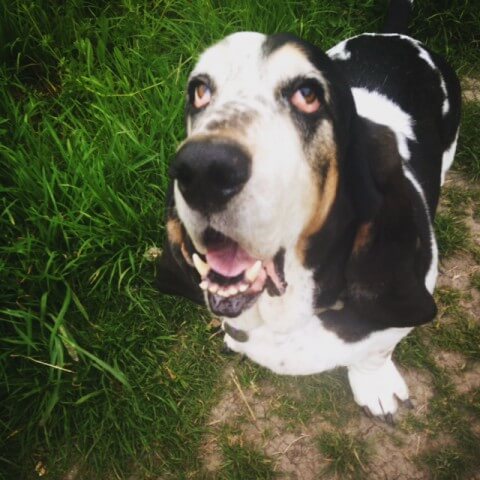
Anecdotal evidence amongst behaviourists including myself, have also noted that in incidences where the owner has reported regular grass/plant eating along with occasional loose stools, intermittent vomiting, consumption of other materials such as tissue/leather/wood, sound or touch sensitivity, and or resource guarding – that these can be indicators of pain/discomfort, including gut issues such as Giardia and have produced positive results following testing for this nasty gut parasite.
Contradictions
Despite these theories, there are also some contradictions and uncertainties surrounding why dogs eat grass. For example, some experts have pointed out that dogs are not known to be herbivores, and may not be well adapted to digesting large amounts of grass. Whilst others suggest that dogs eat grass where there may be deficiencies in their daily diet. However, a large scale study by Hart et al. (2008) found that dogs raw fed or eating mainly table scraps were not more prone to grass eating compared to dogs fed on a commercial diet, nor did those receiving less fibre in their diet eat more grass than those getting more. Additionally, Hart and colleagues noted that few dogs appeared to be ill before eating grass and vomiting only sometimes occurred following plant eating.
To note…
It is important to note that some dogs may develop digestive issues or other health problems as a result of eating too much grass, such as vomiting, diarrhoea, or intestinal blockages. Therefore, while it is possible that grass may have some benefits for dogs, it is important to be cautious about allowing dogs to eat too much of it.
While the reasons why dogs eat grass remain somewhat unclear, there are several theories that suggest it may have some benefits for dogs, it could be a trait inherited from their wild ancestors. Nevertheless, it is important to be aware of the potential risks associated with this behaviour – keeping your pets away from consuming chemically treated laws and toxic plants, and if the grass is natural then to monitor you dog closely if they do choose to eat grass.
If you are concerned about your dog’s health or behaviour, do consult with a veterinarian for guidance.
References:
- Becker, K. (2015). Why Dogs Eat Grass: Possible Reasons Behind This Peculiar Behavior. Mercola Healthy Pets. https://healthypets.mercola.com/sites/healthypets/archive/2015/06/03/dogs-eating-grass.aspx
- Bradshaw, J. W. S., & Casey, R. A. (2011). Why do adult dogs ‘play’? Behavioural Processes, 86(3), 235–241. https://doi.org/10.1016/j.beproc.2010.11.007
- Hart, B. (2008). Why do dogs and cats eat grass?. Veterinary Medicine. 103. 648-649.
- Heinze, C. R., Gomez, F. C., & Suchodolski, J. S. (2018). The Growing Problem of Intestinal Foreign Bodies in Dogs. Veterinary Sciences, 5(2), 48. https://doi.org/10.3390/vetsci5020048
- Sueda, K. L., & Hart, B. L. (2019). Associations between the Induction of Vomiting and Emetic Agents in Dogs and Subsequent Development of Gastric Dilatation-Volvulus: A Retrospective Study. Journal of Veterinary Internal Medicine, 33(6), 2666–2674. https://doi.org/10.1111/jvim.15619
Learn more about our classes

Get Hanne's Book
Playing With Your Dog will help any dog owner work out the games that are best suited for their pet to play throughout his life, from puppyhood to old age. The book also shares some tricks for all ages, group activities, and recommended toys that dogs will enjoy.















